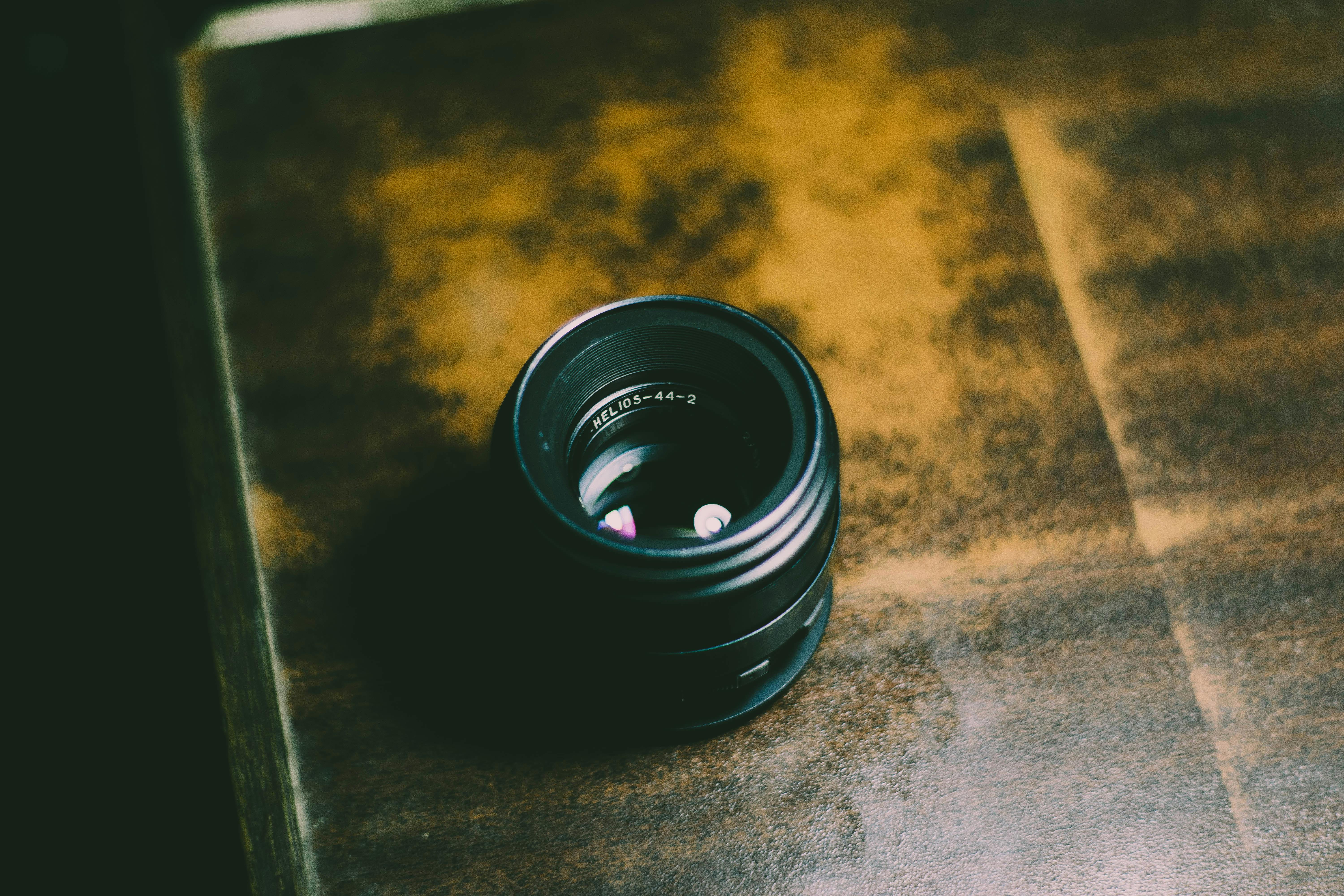Two of the most common problems with body piercings are allergic reactions and infections. Proper piercing care and cleaning is crucial, but the type of metal in piercing jewelry you choose is also very important. The following are the top 3 metals for body jewelry and two options to steer clear of.
THE 3 BEST METALS FOR BODY JEWELRY:
Grade n titanium implant. 1
Titanium is by far the preferred metal for body piercings and can be safely used for initial piercings. G23 implant grade titanium (Ti6al4v-ELI) is the type of titanium used in surgical implants, it is biocompatible, resistant to body fluids and nickel free. Titanium is also stronger and lighter than steel, giving us body piercing jewelry that is durable, comfortable, and nearly scratch-free. Titanium is an expensive metal, but it is worth the slightly higher price. Titanium body jewelry is beautiful, lasts, and will look (the same after many years of use.
# 2 surgical stainless steel
Stainless steel is the most common metal for body piercing and is right behind titanium when it comes to biocompatibility. 316L or 316LVM are the only two grades of stainless steel that are considered safe to use in cured holes. Be aware that even the best grades of stainless steel contain nickel and can cause problems for those allergic to nickel. Some countries have banned the use of stainless steel for initial piercings, and it is best to stay away from stainless steel altogether until the piercing is complete.
# 3 gold
Although beautiful, gold is not the best choice for body jewelry, especially for initial piercings or extended wear. Because gold is a softer metal and is made from metal alloys, there is a somewhat higher risk of irritation or infection. Gold jewelry is beautiful, but should only be worn on carefully cured piercings. Replace gold body jewelry with titanium at the first sign of irritation.
NOT RECOMMENDED:
Sterling silver: Do not buy body jewelry where the part that is threaded under the skin (bar, banana, ring) is made of silver. Sterling silver tarnishes when it comes in contact with bodily fluids, can easily harbor bacterial growth, and can contain allergy-causing metals such as nickel. Body jewelry in which a sterling silver “charm” that attaches to or dangles from the end of the steel or titanium bar is perfectly fine, as long as you are not allergic to silver jewelry. Just make sure the part inside your body is made of a more biocompatible metal.
Mysterious metal: Scary. Any “costume” or “silver” body jewelry is a bad idea, as is poor quality stainless steel. Follow the top 3 options above to ensure your piercing remains free from irritation and infection.
Remember that a body piercing jewelry is placed inside you and should be treated more like a surgical implant than a piece of costume jewelry. Although it may be tempting to buy cheaper body jewelry, spending a little more on higher quality jewelry is definitely a better way to go in the long run.


